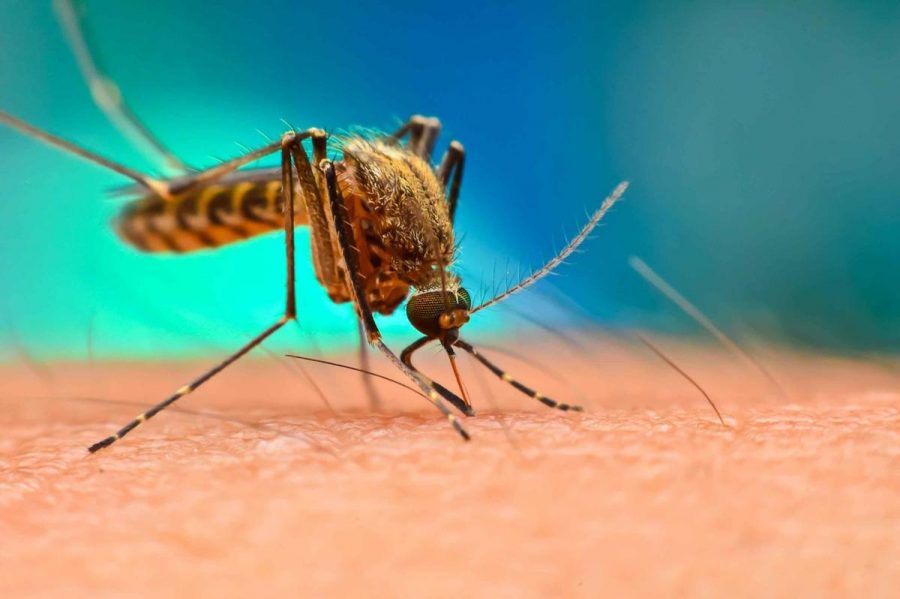GMO Mosquitoes: Florida is Ready to Release Their Science Experiment
October 2, 2020
Officials plan to release 750 million genetically modified mosquitoes in the Florida Keys in 2021-2022. The Environmental Protection Agency, EPA, was worried about environmental risks because genetically modified mosquitoes could affect birds, mammals, and insects.
Despite reservations, in May the EPA accepted the pilot project meant to test if a genetically modified mosquito is a doable alternative to spraying insecticides to control the Aedes aegypti. The Aedes aegypti is a species of mosquitoes and they carry deadly diseases. The diseases include Zika, Dengue, Chikungunya, and Yellow Fever.
These genetically modified mosquitoes have been changed to produce female offspring that die in the larval stage. Without females, the population would eventually die off. Some are skeptical and worry about how these genetically modified mosquitoes would affect the ecosystem especially since larvae are at the bottom of the food chain.
While mosquitos are largely seen as negative, they could have an unknown positive effects on the ecosystem. Sultana’s science teacher, Mr. Scherf said, “There could be many benefits from releasing them, but without having much research I am unsure if they would help or hurt the environment of the Florida Keys.”
Despite the potential outcomes, officials plan to release genetically modified mosquitoes in the Florida Keys. Only time will tell if this experiment has negative consequences.
